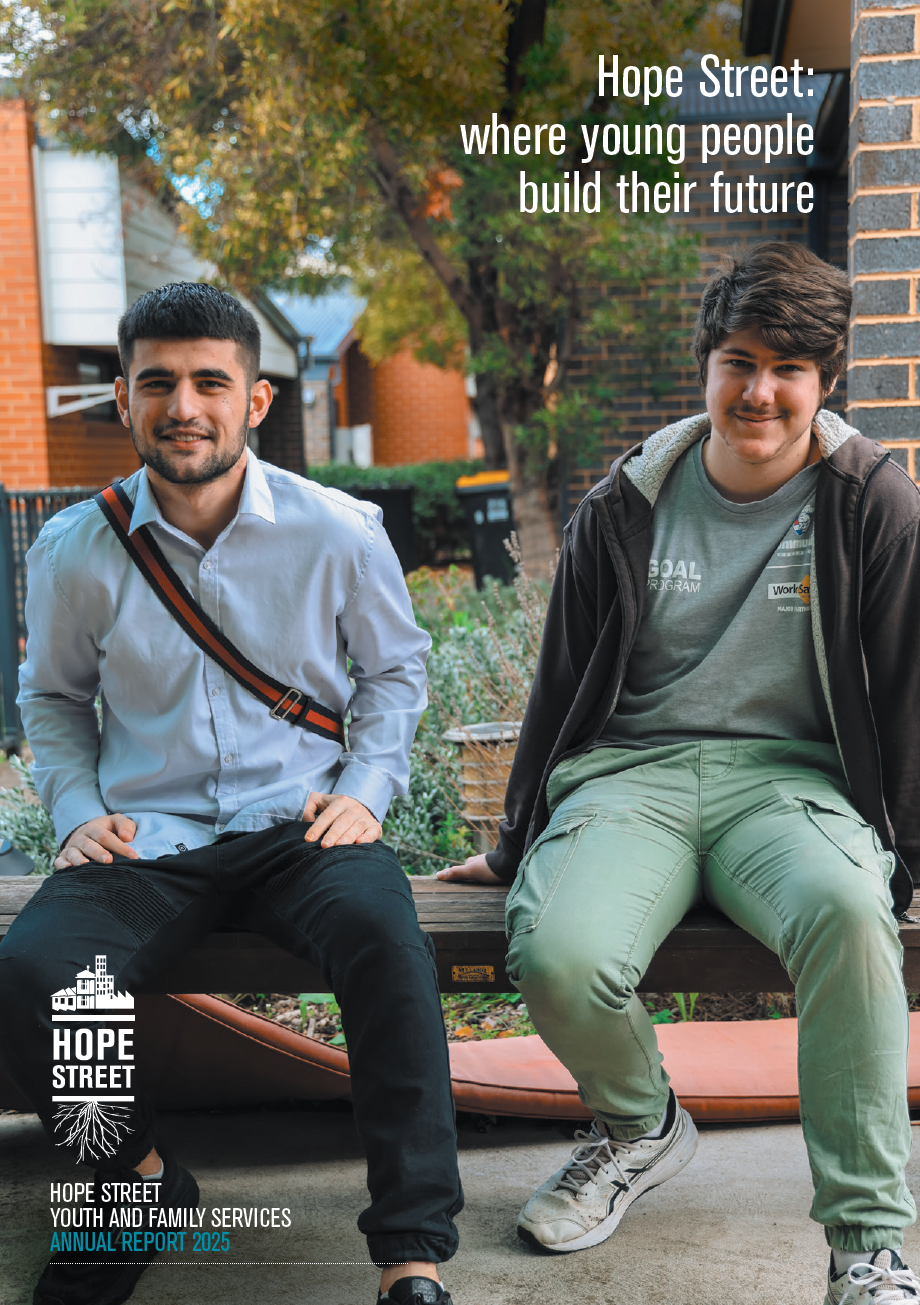There are many reasons why young people experience homelessness. Family/relationship breakdowns, mental health issues, drug and alcohol addiction, housing crisis, inadequate or inappropriate living conditions, and insufficient income are just some of the factors that can lead young people into homelessness.
Family conflict and violence
Family is very important and when there is conflict and violence within families it can have a devastating impact on the life of young people and result in them having to leave home.
- Family conflict involves disagreement and relationship breakdown, lack of parenting support, and the need for mediation or reconciliation.
Conflicts can happen when parents/carers and/or young people are not coping with the challenges of blended/non-conventional families (eg when two parents/carers, each with their own children, decide to live together and have a combined family), or where there are tensions from differences between the culture of the family and Australian society.
- Family violence involves any violent, threatening, coercive or controlling behaviour that occurs within family, domestic or intimate relationships. This includes not only physical injury but direct or indirect threats, sexual assault, emotional and psychological torment, economic control, damage to property, social isolation and any behaviour which causes a person to live in fear.*
Young women are more likely to have had experience of family violence and they usually have the responsibility for bringing up one or more children alone.
Violence within families can be perpetrated by parents/carers or other family members, or by the young person themselves. Young perpetrators of family violence are often linked with drug use.
Health and substance abuse problems
Young people experiencing homelessness are often anxious and depressed about their safety and future. They don't believe their lives are worth anything and they can be traumatised from seeing and/or experiencing neglect and abuse.
Mental health issues can be the cause and outcome of a young person experiencing homelessness. Physical health problems (eg due to poor nutrition and/or the lack of dental and general medical care) also arises from their experience of homelessness. This makes it harder for a young person to be healthy and feel well enough to find a stable home, get their life back on track and reconnect with their family, friends and community.
Problematic alcohol or drug use by a young person or others in the family (eg their parent/carer or a sibling) can cause young people to experience homelessness. Abuse of substances can also happen during their experience of homelessness.
Housing and income issues
Sometimes young people have been pressured by their family to leave home because of the family's financial problems or overcrowding. If they do not have another place to go to and/or enough income to rent accommodation, buy food and pay their bills, young people are at risk of experiencing homelessness.
Young people most often try to use their networks to get alternative accommodation. This includes moving in with a partner, friends of a partner, grandparents, an older sibling, a cousin, staying at a friend’s place for a few nights (sleeping on the couch), or staying at a friend’s place longer (eg leasing, occupying or sharing a room for a few months). However, most young people are only able to stay at friends' and families' places for short periods until they are either asked to move on, or they have taken the initiative to leave, recognising pressures on the household due to their presence.
A result of the instability of such housing options means that young people often have to stay in a variety of other settings before finding sustainable accommodation. Other locations that young people stay in the months or weeks after leaving the family home include on the street, in parks, abandoned houses, a car, shed, train stations, or in foster care.
Young people have difficulty living independently without the following:
Work
Securing employment can be a problem if a young person does not have sufficient skills, knowledge and experience — sometimes they are forced to leave school early due to no longer having a safe and secure home. Young people often feel discriminated against when job seeking due to their age.
If a young person already had a job, it can become difficult to keep that job without stable accommodation.
Income
Young people without a job rely on below the poverty line Centrelink payments for the majority of their income. Getting access to Centrelink entitlements without parental cooperation or a fixed address can also be difficult.
Junior wage levels create barriers for young people to be able to live independently. Young people experiencing homelessness often have not been shown how to cook or plan a meal, how to pay an electricity bill or how to make and stick to a budget on a low income.
Accommodation
In the private housing market, finding enough money for bond and rent can be challenging without a stable income, leaving young people and young families with very little for meals, transport and other bills. The high cost of temporary accommodation such as hotels, motels and caravan parks while trying to move into more stable housing can make a young person's life very difficult.
Young people can also feel discriminated against because of their age based on perceptions that young people are irresponsible tenants.
* What is family violence?, Department of Health & Human Services






